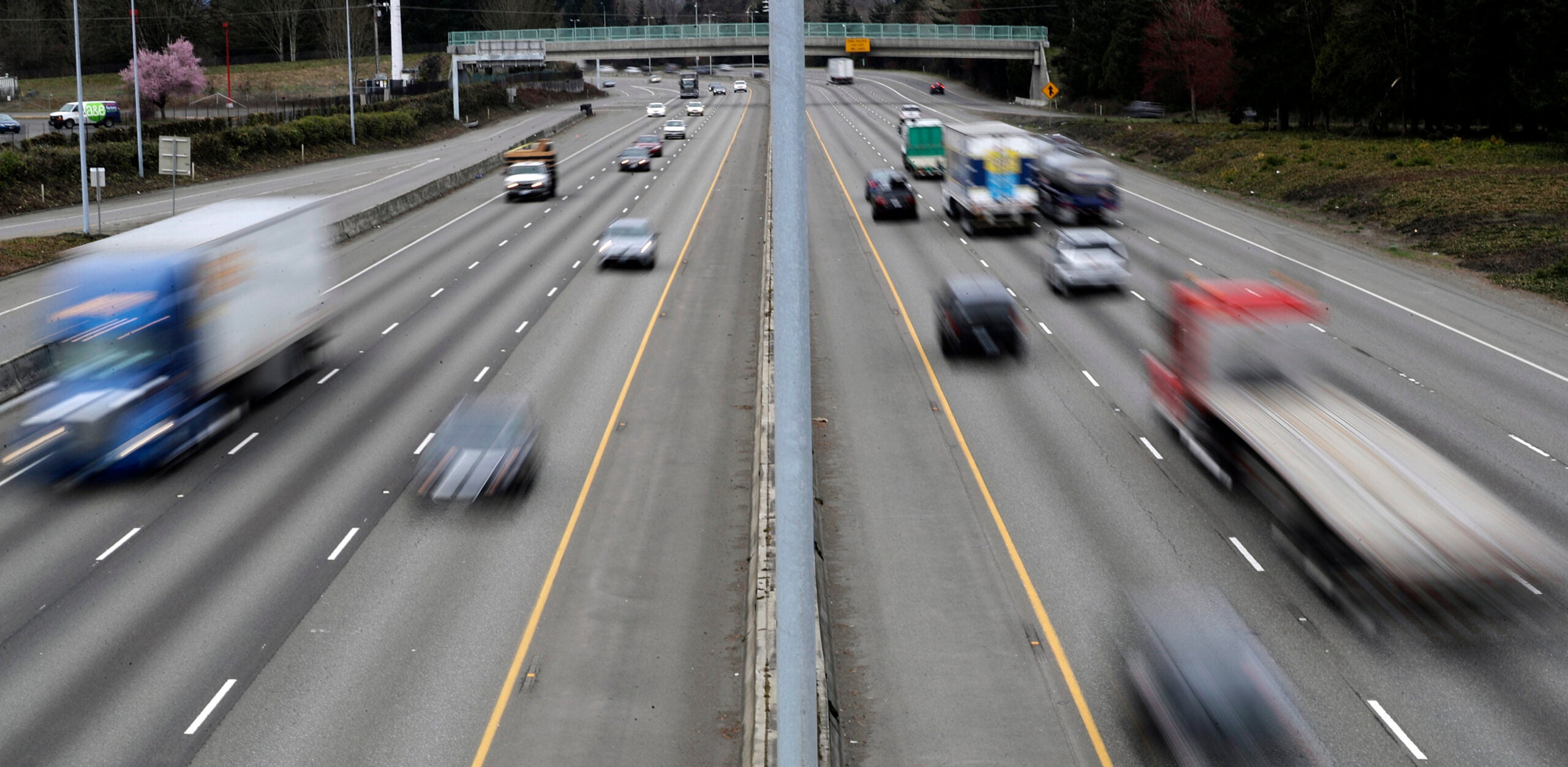Bussiness
Three gig workers explain how they got deactivated on apps from Doordash to Walmart’s Spark
That’s because apps like DoorDash, Instacart, Uber Eats, and Walmart’s Spark frequently deactivate the accounts of their drivers over minor issues — or no obvious issue at all, according to delivery workers who have spoken to Business Insider.
Fighting those deactivations and getting back on the apps tends to be tough. Some gig workers have found success thanks to arbitration clauses in the companies’ terms for delivery contractors.
One former Instacart shopper even got a $28,000 payout after he was deactivated over an erroneous charge at a Walmart store, he told BI last year.
Three workers who spoke with BI pointed to particularly bizarre — and, in their views, unjustified — experiences related to the apps closing their accounts. The workers didn’t want to be identified in this story, but BI has verified their work for the apps mentioned.
Deactivated without doing a single order
One Ohio delivery worker told BI she signed up for Walmart’s Spark delivery service last fall. She wasn’t making enough money delivering orders for DoorDash, she said, so she wanted to try other apps.
Before she could start delivering, though, she needed to renew her driver’s license. Walmart would not sign off on her account until she uploaded a picture of her new license.
“Finally, I got it in the mail and did the identity verification,” the driver recalled. “And they deactivated me immediately.”
She spent the next few days trying to get someone on Spark’s support line to help. But the driver never got her account reactivated — or even a clear explanation of what went wrong.
“I feel like it’s a fairly easy fix,” the driver said. “You can look at my account, see that I’ve not made one delivery for you people, and just reactivate it.”
A Walmart spokesperson said: “If a driver’s account is not approved, it may be due to a variety of reasons, including failure to meet the eligibility requirements or violation of the platform’s Terms of Use.”
Two accounts, two deactivation fights
Last summer, a couple who each deliver orders for DoorDash using their own accounts in California found out one of their accounts had been deactivated for “suspicious activity.” DoorDash wasn’t able to provide a more specific reason for the deactivation, one of the couple told BI.
“I was forced to rely on my DoorDash account, which only has bike mode,” the second driver said. As a result, the couple’s income fell by roughly half.
Then in January, the second driver said, his girlfriend’s DoorDash account was reactivated after she tried contacting DoorDash multiple times. But that same month, DoorDash deactivated his own account, citing “suspicious activity.” He hasn’t been able to get back on the app, he said.
Finally, in February, DoorDash once again locked the girlfriend out of her account. This time, it was suspended because her identity “couldn’t be verified,” even though she had been making deliveries for DoorDash for seven years.
“One agent said the account was still active and another agent told her the account was deactivated and there’s nothing she can do,” the driver recounted. “DoorDash doesn’t seem to care and they just keep giving us the run-around.”
A DoorDash spokesperson directed BI to a statement that the company released on deactivation and other policies last fall. It says that “serious or egregious conduct” can lead to account deactivation and that DoorDash has an appeals process “driven by human decision-making and oversight.”
Deactivated after buying expensive wine
One Instacart shopper in California told BI that he was shopping for a grocery order last summer that included a bottle of wine.
According to the order summary, the wine should have cost around $40. But in the store, it was selling for roughly twice as much.
At the checkout, the shopper said, his Instacart debit card was declined when he tried to pay for the order. After calling Instacart, a support agent was able to add money to the company-issued debit card.
The shopper went on to deliver the order. A day later, his account was deactivated. Instacart’s email to him cited a “misappropriation” of the company’s money.
The shopper spent the next week on the phone daily with Instacart support to figure out what had gone wrong. “Then, I finally just give up,” the shopper said, adding that he decided it was easier to sign up for another app instead of getting his Instacart account reactivated.
An Instacart spokesperson confirmed that “shoppers are restricted to a specific spending amount per batch.”
“If a shopper manually adds goods to the order that exceeds the capped amount, Instacart receives an alert and our teams manually review the order to take action as needed,” the spokesperson added.
Do you work for Instacart, DoorDash, Walmart Spark, or another gig delivery service and have a story idea to share? Reach out to this reporter at abitter@businessinsider.com










